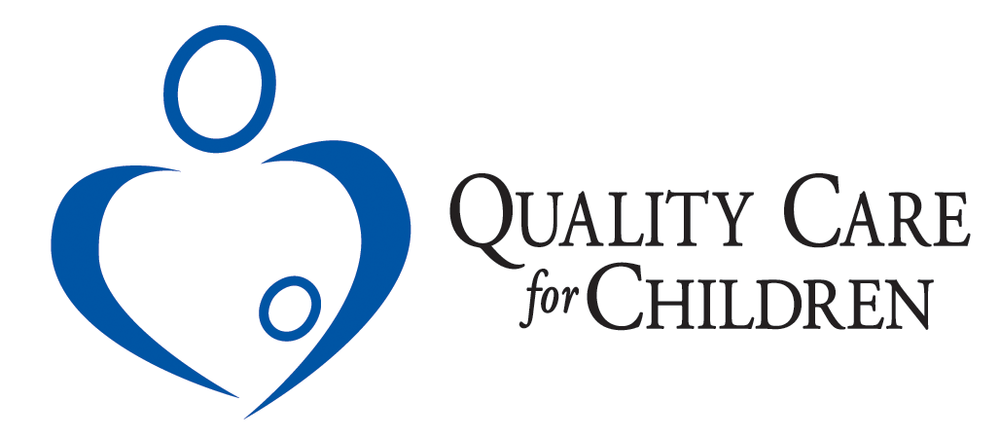Creative Play Supports Emotional and Cognitive Development
 Creative or imaginative play may look like just a game of pretend, but it is about so much more than that. Play is how children learn best!
Creative or imaginative play may look like just a game of pretend, but it is about so much more than that. Play is how children learn best!
What Are the Supplies Needed at Home to Foster Creative Play? The best creative play supplies are ones that you already have:
[su_list icon="icon: angle-right"]
- Pots, pans, and utensils for pretend cooking. Ever pretend that you were a chef at a restaurant or used a pot as a drum?
- Scrap paper, washable markers, paints, tape, glue and other art supplies provide endless fun.
- Card board boxes and sheets make the best forts!
- Old clothes, shoes, and bags can be used for dress-up.
[/su_list]
What Are the Benefits from Creative Play?
Social Development – Creative play enables children to increase their emotional maturity and social competence by practicing their verbal and nonverbal communication, and sharing of materials.
Physical Development – Children’s fine and gross motor development is enhanced through imaginative play.
Language and Literacy Development – Pretend play helps children to understand language, learn new words, and make connections between the written and spoken words.
Cognitive Development – Unstructured creative play has shown that children are more attentive to teacher instruction afterwards.
Emotional Development -- Through play, children receive support in expressing and coping with their feelings as well as think out loud about both good and bad experiences.
Need Ideas for Creative Play with Your Child?
| Birth to 1 | 1 to 2 | 2 to 3 | 3 to 4 | 4 to 5 |
| Mirrors securely placed on their level give them a playmate to imitate. | If you can stand the noise, toddlers love to play with pots and pans. Safe items from home make the best toys to boost creative play. | 2yr olds need creative play to explore/express their feelings. Games of dress up, dancing and finger painting are fun activities. | Imitation is the best form of flattery and essential for creative play. Swap roles with your child as she pretends to cook and you eat! | Give your child access to art materials and found objects to support creative play. A cardboard box is a castle today, tomorrow a car. |
| Simple Water Play. Grab a pan, fill it halfway with water and place a towel. Let the splashing being! | Lets paint with this Scented Edible No-Cook Fingerpaint Recipe for Babies & Toddlers. Click Here for the recipe. | Let's turn a box into a magical box, boat, vehicle, kitchen, or table. Click Here for more ideas. | Time to make some music! Classic Beating on Pots & Pans. | Polka Dot Slime Recipe. Click Here for the 3-ingredient recipe. |
| Explore Cotton Balls (wet & dry) | Babies love to explore things. Make Discovery Bottles with a few items around the house. Click Here for more details. | Let's make a Lava Lamp. Click Here for a recipe. | Let's make a Lava Lamp. Click Here for a recipe. | Simple play makes for the best play. Let's make a Bubble Wrap Runway! Click Here for more details. |
[su_list icon="icon: angle-right"]
- Fun at Home with Kids: Creative Play Ideas for Babies
- Raising Children: Creative Play Ideas
- Ask Dr. Sears
- 50 Toddler Activities from Hands On As We Grow
- Creative Play Activities for Your Kids
[/su_list]




